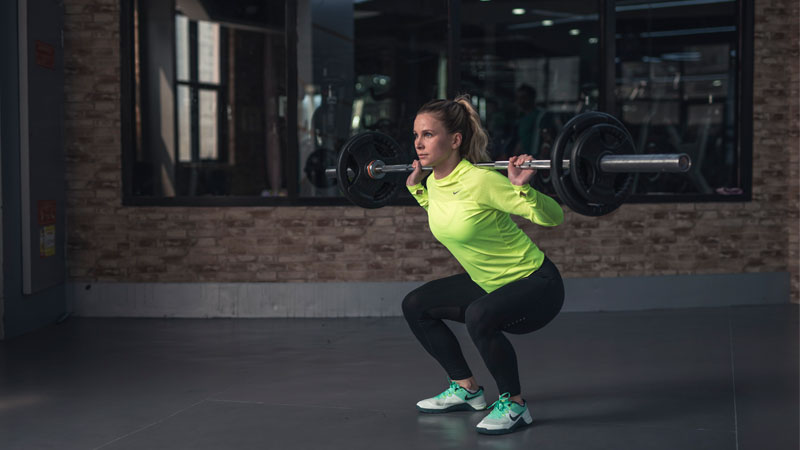One of the most typical conversations between vegan and non-vegan groups of people is the controversy about vegetable protein sources. Many, out of ignorance, believe that vegans will never be able to build muscle, for example as athletes or in muscle hypertrophy programmes. I remember that some years ago one of my trainers at the gym, when he saw that it was difficult for me to gain weight (which was due to other metabolic reasons), told me that the training programme did not work for me to achieve my goals because I do not consume animal proteins; I was so astonished that I was speechless.
Among other kinds of questions I am often asked is ‘where do I get the protein if I don’t eat any animal’. Well, with patience and knowing that not everyone is knowledgeable on the subject, it is perhaps important to give a little explanation on the subject and to be compassionate and patient.
We have an infinite number of sources of protein of vegetable origin, perhaps more than the typical animals badly used (and mistreated) for human consumption.
Here is a short list:
- SEEDS AND NUTS
Pumpkin seeds, sunflower seeds, sesame seeds, walnuts, cashew nuts, almonds, etc… are very rich in proteins and certain minerals. So there is something for everyone.
For example, about 40 grams of seeds/nuts provide between 8-9 grams of protein.
- LEGUMES
Pulses are a great source of protein, complex carbohydrates and fibre. Lentils are a source of starches and vegetable amino acids. Other pulses (soya beans, chickpeas, peas, beans, azuki beans) have similar characteristics.
A normal cup of cooked lentils has about 18 g of protein.
- QUINOA
Quinoa is one of my favourite pseudocereals (technically a seed) and it is also gluten-free. It provides complex carbohydrates as well as protein and fibre.
About 90 grams of boiled quinoa provides 8 grams of protein.
- SPIRULINA
This blue-green microalgae is one of the few vegan sources of mostly (and dry) protein (60-70%). Two tablespoons of spirulina have 8 grams of protein.
- HEMP SEEDS
Not only do they provide us with ALL the essential amino acids for a complete protein, but they are also very rich in omega-3 fatty acids.
Three tablespoons of hemp seeds contain 10g of protein.
- CHIA SEEDS
They have been used for many centuries by the indigenous tribes of South America. They have the ability to absorb water and increase up to 9 times their size. This property makes it very useful for thickening dishes while providing a large amount of fiber, COMPLETE PROTEIN and healthy fats. Two spoonfuls provide us with 4 grams of protein.
- NUTRITIONAL YEAST
It is a very frequent food in the vegan feeding for its flavor more or less similar to the cheese. It has large amounts of B vitamins and protein. It does not contain active yeast. We can get them in powder or flakes and when mixed with liquids it creates a paste that can be used to prepare dairy-free creamy sauces. Three tablespoons of nutritional yeast provide 12 grams of protein.
- ORGANIC TEMPEH
An ideal fermented food, from soybeans that provides us with high quality complete protein, fiber and polyunsaturated fatty acids. Among all soy derivatives, this is the healthiest as it provides us with PROBIOTICS derived from the fermentation of soybeans that help us to regulate our microbiota. One hundred grams of tempeh provide us with 19 grams of protein.
- GREEN LEAFY VEGETABLES AND MUSHROOMS
These provide us with more nutrients than any other food in our vegan diet. They contain amino acids of high quality and easy to assimilate (enough to build the muscles of one of the strongest animals on the planet: our cousin the gorilla, herbivore (we could say 100% Vegan). One hundred grams of green leafy vegetables provide us with 2-5 grams of protein.
- BUCKWHEAT
Another of my favorite cereals (but it is not a cereal), it is super complete. Its protein is complete and of high biological value: it does not contain gluten, is very rich in fiber, has anti-inflammatory and antibacterial properties, is very rich in vitamins and minerals. What more can you ask for? One hundred grams of buckwheat provides 13 grams of complete protein.
The best of proteins: Vegetable Protein
By Dr. Freddy Acevedo Ruiz
Director of Biocentro Acevedo, Integrative Medicine.

